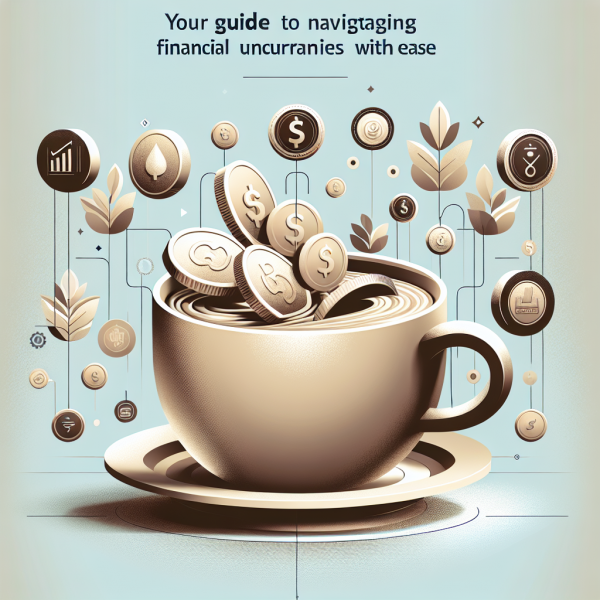
Building Your Financial Safety Net: The Ultimate Guide to Emergency Funds
Creating an emergency fund is a critical step in establishing financial security and independence. This fund acts as a financial buffer that can help you in the face of unexpected expenses, such as medical bills, home repairs, or sudden job loss. By having a dedicated savings account set aside for emergencies, you minimize the need to rely on credit cards or loans, which can lead to debt and financial stress. This guide will explore the top 10 strategies to efficiently build and manage your emergency fund, ensuring you're prepared for whatever life throws your way.

Your Guide to Navigating Financial Uncertainties with Ease
Having a robust emergency fund is paramount in safeguarding against life's uncertainties. Likened to a financial safety net, it ensures liquidity, allowing you to cover unexpected expenses without undue stress. A well-prepared emergency fund can be the difference between financial stability and precariousness in times of unexpected crises. This guide aims to explore the key aspects of building and maintaining an emergency fund, emphasizing the importance of liquidity for immediate access to funds.

A Financial Safety Net: Navigating Unforeseen Expenses
In today's unpredictable economic climate, building a financial safety net is more crucial than ever. An emergency fund acts as a buffer that safeguards you against the financial strain of life's unforeseen expenses, such as medical emergencies, unexpected home repairs, or sudden job loss. By setting aside money specifically for unplanned expenses, you ensure that you can maintain your lifestyle and meet your financial obligations without resorting to high-interest debt. This intelligent guide provides a top 10 list of strategies to effectively build and manage an emergency fund, enabling you to face unexpected financial challenges with confidence.

Building a Financial Safety Net: The Essential Guide
An emergency fund is essentially your financial safety net designed to cover unexpected expenses without the need for debt. It's a pillar of financial stability, allowing individuals and families to navigate through sudden job losses, medical emergencies, or urgent home repairs with peace of mind. Experts often recommend that this fund be equivalent to three to six months' worth of living expenses. Having this fund in a savings account provides easy access, earns some interest, and separates it from your daily spending accounts.

A Safety Net for Life's Unexpected Events
Having a financial buffer in place is crucial for handling life's unforeseen circumstances with grace and security. An emergency fund acts as this very buffer, aiming to cover living expenses for three to six months in case of sudden job loss, medical emergencies, or urgent home repairs. This guide outlines the top 10 principles for establishing and maintaining a robust emergency fund, ensuring you're well-prepared for the unexpected. Our objective is to provide you with actionable advice to secure your financial well-being against unpredictable life events.